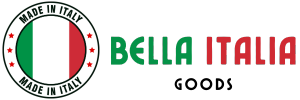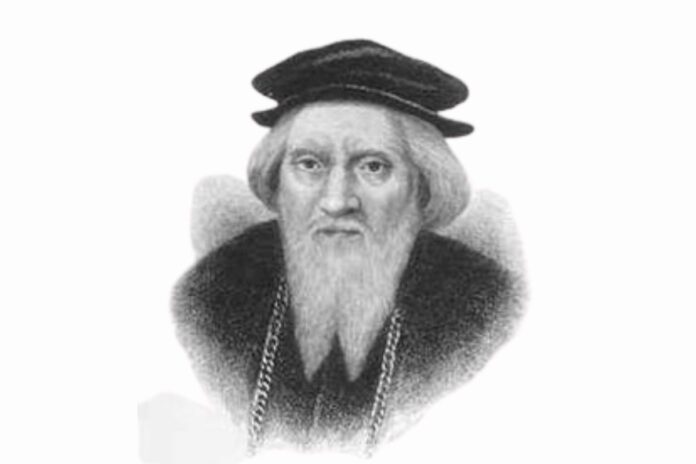John Cabot Italian: Giovanni Caboto (1450 – c. 1499) was an Italian navigator and explorer. His 1497 voyage to the coast of North America, commissioned by Henry VII, King of England, is considered the earliest known European exploration of coastal North America since the Norse visits to Vinland in the eleventh century. To commemorate the 500th anniversary of Cabot’s expedition, both the Canadian and British governments designated Cape Bonavista, Newfoundland, as the site of his first landing. However, other potential landing sites have also been suggested.
Introduction
Giovanni Caboto, also known as John Cabot, was an Italian explorer who is often credited with discovering parts of North America in the late 15th century. His voyages played a significant role in the early exploration of the continent and laid the groundwork for future expeditions. In this article, we’ll take a closer look at Giovanni Caboto’s early life, his historic voyages, and the lasting impact of his discoveries.
Name and Origins
Cabot is known by various names across different languages: Giovanni Caboto in Italian, Zuan Caboto in Venetian, Jean Cabot in French, and John Cabot in English. This reflects a common European tradition of adapting names to local languages in documents, a practice often followed by the individuals themselves. For example, names like Charles are rendered as Carl or Karl in German, and Jacques becomes James in English. Cabot himself signed his name as “Zuan Chabotto” in Venice, where “Zuan” was a common Venetian form of John. He continued to use this form in England, particularly among Italians, and was referred to as “Giovanni” by his Italian banker in London, the only known contemporaneous document using this version of his first name.
Cabot’s surname, derived from the Latin caput (meaning “head”), may refer to a type of fish and could have originated as a nickname that became hereditary.
Cabot was born in Italy, the son of Giulio Caboto and his wife, and had a brother named Piero. Gaeta (in the Province of Latina) and Castiglione Chiavarese (in the Province of Genoa) have both been proposed as his birthplace. Evidence for Gaeta includes records of a Caboto family living there until the mid-15th century, though they disappear from records after 1443.
Pedro de Ayala, the Spanish envoy and a contemporary of Cabot in London, described him in a 1498 letter to the Spanish Crown as “another Genoese like Columbus.” John Cabot’s son, Sebastian, also stated that his father originally came from Genoa. Cabot became a citizen of the Republic of Venice in 1476, which required a minimum of fifteen years’ residency, indicating he must have lived in Venice since at least 1461.
Early Life of Giovanni Caboto
Giovanni Caboto was born in Genoa, Italy, in the late 1400s. Little is known about his early life, but it is believed that he came from a modest background. Raised in a time when the Age of Discovery was beginning to take shape, Caboto was inspired by the daring expeditions of explorers like Christopher Columbus.
By the 1490s, Caboto was already an experienced mariner, having sailed across the Mediterranean and possibly worked as a trader. His passion for exploration grew stronger, and in 1496, he began to seek support for an expedition to the New World, based on the theories of a westward route to Asia. At that time, explorers were looking for a direct sea passage to the lucrative markets of Asia, but Caboto’s journey would soon take him on an unexpected route to North America.
Caboto’s Voyages to North America
In 1497, Caboto was granted permission by King Henry VII of England to embark on a voyage across the Atlantic, and it is during this expedition that he became the first European since the Vikings to set foot on North American soil. Caboto’s journey is often associated with the discovery of Newfoundland, an island off the coast of Canada.
While Caboto’s exact landing spot is debated, it is believed that he reached the coast of what is now Newfoundland or possibly parts of the mainland. He named the land “New Found Land” in his reports, and although his voyage was short, it was an important milestone in the history of exploration.
Caboto’s expedition, which consisted of a small fleet of ships, was likely motivated by the search for new trade routes to Asia, as well as the opportunity to expand England’s influence in the New World. Although his journey was not the first to encounter the Americas, it marked the beginning of England’s future claims to territories in North America, a legacy that would later lead to the establishment of colonies.
Legacy of Giovanni Caboto
Giovanni Caboto’s exploration of North America was not just an important moment in his lifetime but an event that had a profound impact on the course of history. Though his discovery did not lead to immediate colonization, Caboto’s voyages sparked a wave of further exploration and expeditions to the New World by European powers, especially England.
His journey to Newfoundland paved the way for future English explorers and settlers to venture into North America. Caboto is also remembered for influencing subsequent explorers, including his son, Sebastian Cabot, who would later go on to chart further parts of the New World.
Though his expeditions did not achieve the same level of fame as those of Christopher Columbus or Vasco da Gama, Giovanni Caboto’s legacy lives on as a crucial figure in the exploration of the Americas. His voyages helped establish English claims to parts of North America, setting the stage for the establishment of British colonies in the centuries that followed.
FAQ Section
What did Giovanni Caboto discover?
Giovanni Caboto is credited with discovering parts of North America, particularly Newfoundland, in 1497. His voyage marked the first European landing on the continent since the Vikings.
Why was Giovanni Caboto’s journey significant?
Caboto’s journey was significant because it laid the groundwork for English exploration and colonization of North America. His discovery provided England with territorial claims in the New World, leading to future expeditions and settlements.
Where did Giovanni Caboto land in North America?
While the exact location is debated, Giovanni Caboto is believed to have landed on the coast of Newfoundland, although some theories suggest he may have reached parts of the mainland, such as Labrador.
Wrapping Up
Giovanni Caboto’s voyages were a pivotal moment in the history of exploration. Although he was not the first to reach the Americas, his discovery of Newfoundland marked an important chapter in the story of European exploration. His legacy lives on through the influence he had on future expeditions and the role he played in the establishment of English territories in North America.
The story of Giovanni Caboto reminds us of the power of curiosity and the drive to explore unknown territories. His journeys opened new pathways for future explorers and set the stage for the centuries of colonization that followed. Understanding the significance of figures like Caboto helps us appreciate the broader context of how the world’s history was shaped, one journey at a time.




